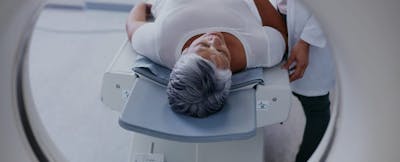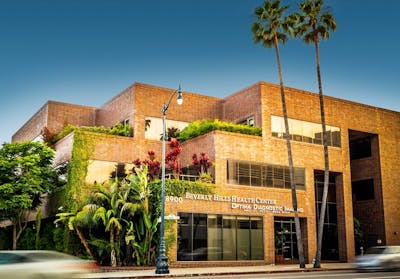Genetic Testing for a Newborn or Fetus
Newborn screening, which is always performed on a very small sample of blood, taken from the infant’s heel, are invaluable in managing expectations, as well as planning around the growth and development of the child. This is particularly true when hereditary cancer is a possibility or suspected.
Along with the types of samples previously mentioned, genetic testing can be performed on a sample of amniotic fluid, which is the fluid that surrounds the fetus in the womb. The results of such a combination of tests can be extremely useful in helping a couple make decisions about having children.




